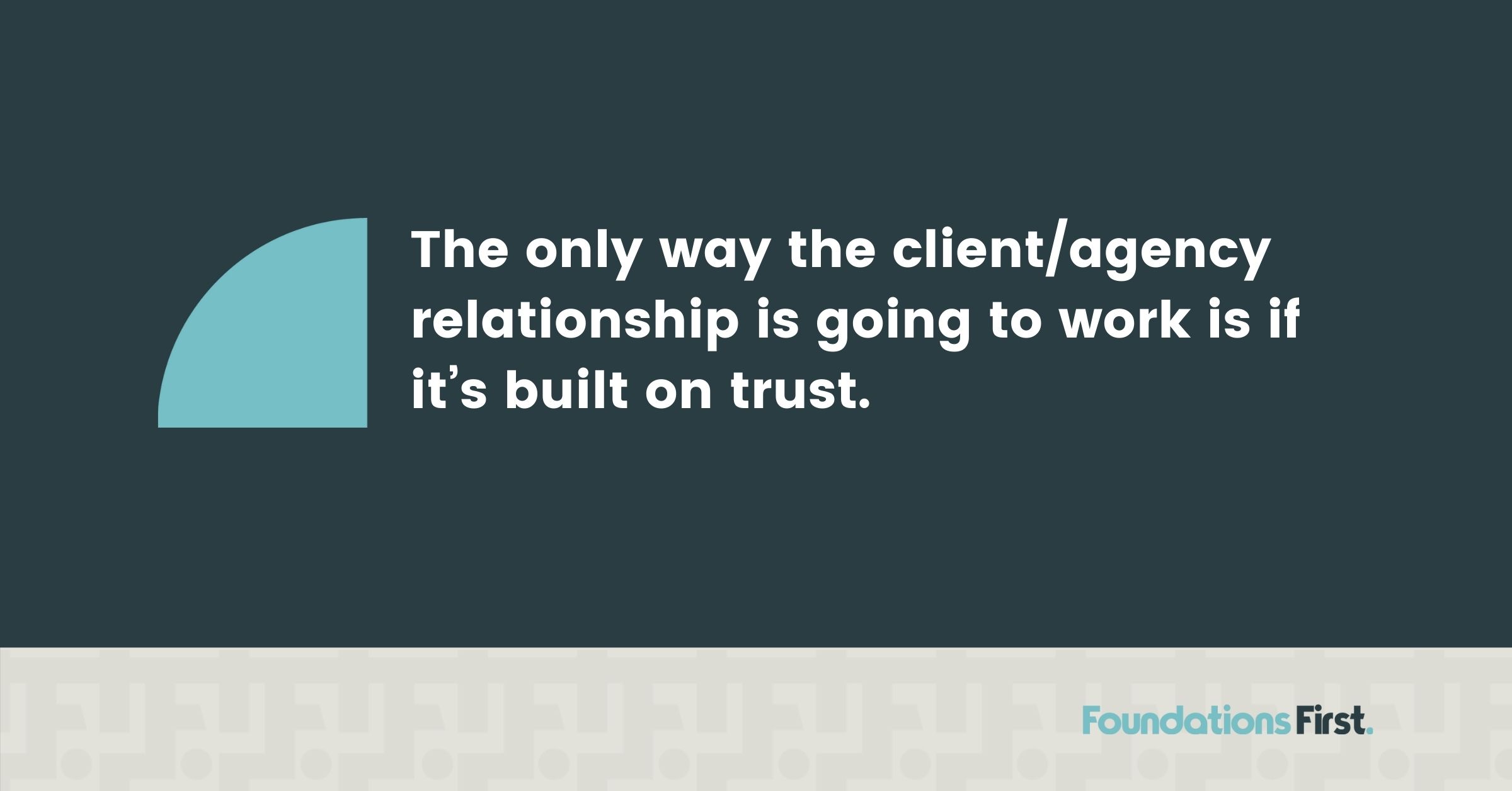Guide to Hiring A Digital Marketing Agency

So you’ve decided to hire a digital marketing agency. Now what?
More often than not, outsourcing to a digital marketing agency is exponentially more efficient than trying to piece it together in-house. Whether you’re looking for support with all of your digital marketing or just searching for a few of those specialized skills like SEO, PPC or social media, a digital marketing agency can take care of it.
Working with an agency should be seamless, efficient and transparent—and so should hiring one. Here are a few key things you should look for in a third-party partner to ensure a productive digital marketing journey.
Transparency is Key. Ask to See the Data.
The only way the client/agency relationship is going to work is if it’s built on trust. There’s no getting around the fact that you’re going to be sharing sensitive, proprietary information with these people. And company secrets aside, you’re paying a price, most likely upfront, for a service you’ve never used before.
Digital marketing is all about metrics, and your prospective agency shouldn’t be wishy washy about furnishing them. We recommend asking for a monthly statement of work—if they hesitate or flat-out refuse, take that as a red flag. This isn’t just an opportunity to review the actual KPIs of their other client relationships, but it should provide you with a glimpse into how they do business and what it would be like working with them. Here are a few telling questions:
- What does the report look like? If it’s sloppy or difficult to read, that’s not a great sign for what they’ll end up delivering to you.
- Is it written in plain English? Part of the digital agency’s responsibility is translating data and technical info into actionable insight.
- How was it presented to you? Did they take the time to walk you through the report and what the numbers mean or was it simply a multi-tabbed spreadsheet of endless numbers (a chart or two if you’re lucky) without explanation?
Establish the Communication Cadence Upfront
Communication is the foundation for transparency and trust. The more open the lines of communication are, the more efficient the workflow becomes. And the more efficient the workflow, the better the output. It’s as simple as that.
As an agency, we like to know someone on your team has the capacity, interest and time to be actively engaged in the process. As the client, you need to know:
- The specialist resources you will have available to you to ask questions of and learn from.
- Whether the account manager understands the functions of all the different silos within the agency.
- How often you can expect to communicate with the agency face-to-face or by phone (weekly? biweekly? monthly?) and who will join these meetings.
Setting Expectations Is Crucial. A Little Pushback Is a Good Thing.
If you’re looking for an agency that’s just going to “yes” their way through the relationship, you’re not going to get the greatest outcome. For real results, you should expect some push back if an idea isn’t conducive—or is potentially detrimental—to your business. Going from zero to 100,000 Twitter followers overnight? We’re not going to tout that ability. What we will recommend is a targeted strategy that garners an organic, high-value network of followers. Not what would inevitably be 99,000 bots.
An agency that doesn’t push back on an ill-suited strategy from the get-go probably isn’t going to push back on anything, ever. They’ll give you exactly what you asked for, which isn’t always the right thing for your business. We, and other agencies, would be doing you a disservice if we didn’t explain this and recommend an alternative.
Be Realistic About Your Internal Resources
One of the things we love most about working with executives and entrepreneurs is the vigor they have to do big things. We’re big picture people too, which is why we can appreciate this drive. But as digital marketers, we’re also quite granular, and what we often find is a discrepancy between the high-level ambition of an organization’s leadership and the internal resources to effectively execute.
Trust us, if you want to move mountains, we’re behind you a thousand percent. We just need to be sure that once we start moving the mountain, you have the internal capacity to let us know we’re moving it in the right direction (and that you didn’t actually want it a little to the left). If Susie is our point person, great. Does she have the time to take this on? To approve things herself or route them through the necessary channels to get corporate sign-off? The last thing we want when we’ve really started to gain momentum is to come to an administrative standstill.

Michelle Tresemer
Categories
- Analytics and Measurement
- Brand Messaging
- Competitor Analysis
- Content Marketing
- Digital Marketing Strategy
- Digital PR & Events
- Marketing Budgets
- Marketing KPIs
- Marketing News
- Marketing Rock Samples
- Marketing Staffing & Vendors
- Marketing Strategy
- Marketing Tech Stack
- Podcast
- Product Marketing
- Sales Marketing Alignment
- SEO
- Social Media
- Strategic Marketing Partnerships
- Target Markets
- Uncategorized
- Vision & Purpose
- Webmaster








